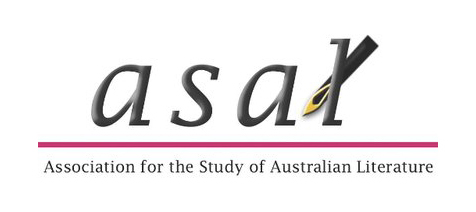22 Aug CFP: ASAL2022 Conference Issue
ASAL2022 Conference Issue for the Journal of the Association for the Study of Australian Literature (JASAL).
“COMING TO TERMS, 30 YEARS ON: THE MABO LEGACY IN AUSTRALIAN WRITING”
ya pulingina!
Many thanks to everyone who presented a paper at this year’s ASAL2022 Conference, “Coming to Terms, 30 Years On: the Mabo Legacy in Australian Writing,” and for making the conference such a success.
Expressions of interest are invited from presenters at this year’s ASAL2022 Conference, to publish their work as part of the forthcoming conference issue for the Journal of the Association for the Study of Australian Literature (JASAL).
The issue will be published in 2023. Expressions of Interest in the form of an updated abstract of 300 words are due by September 2. Draft articles are to be submitted for peer-review by Friday 2 December 2022 and to be submitted to the JASAL website (https://openjournals.library.sydney.edu.au/index.php/JASAL).
ASAL2022 explored the impact of the Mabo decision on Australian writing and literary culture over the last 30 years. On 3 June 1992, the High Court of Australia handed down its decision in Mabo v. Queensland (No. 2). The effects of this decision on understandings of colonisation, race, property, and sovereignty have been far-reaching. As the editors of Mabo’s Cultural Legacy (2021) state, “more than any other event in Australia’s legal, political and cultural history, the Mabo decision challenged previous ways of thinking about land, identity, belonging, the nation and history.”
The impacts of Mabo, and the follow-up Wik decision of 1996, have been keenly albeit ambiguously felt in Australian writing: in popular and literary fiction, creative nonfiction, cinema, songwriting, theatre, and poetry. And the Mabo decision has shifted ways of thinking about “being Australian”, “First Nations” identities, and how First Nations’ agency has challenged and changed the Australian nation and State.
On the 30th anniversary of the landmark Mabo ruling, ASAL2022 examined the roles that narrative, and other forms of writing, have played in mediating the Mabo legacy in all its complexity and ambiguity.
We look forward to receiving your expression of interest to publish your paper in the forthcoming conference issue.
Thanking you,
Robert Clarke and Victoria Kuttainen
Editors, JASAL


